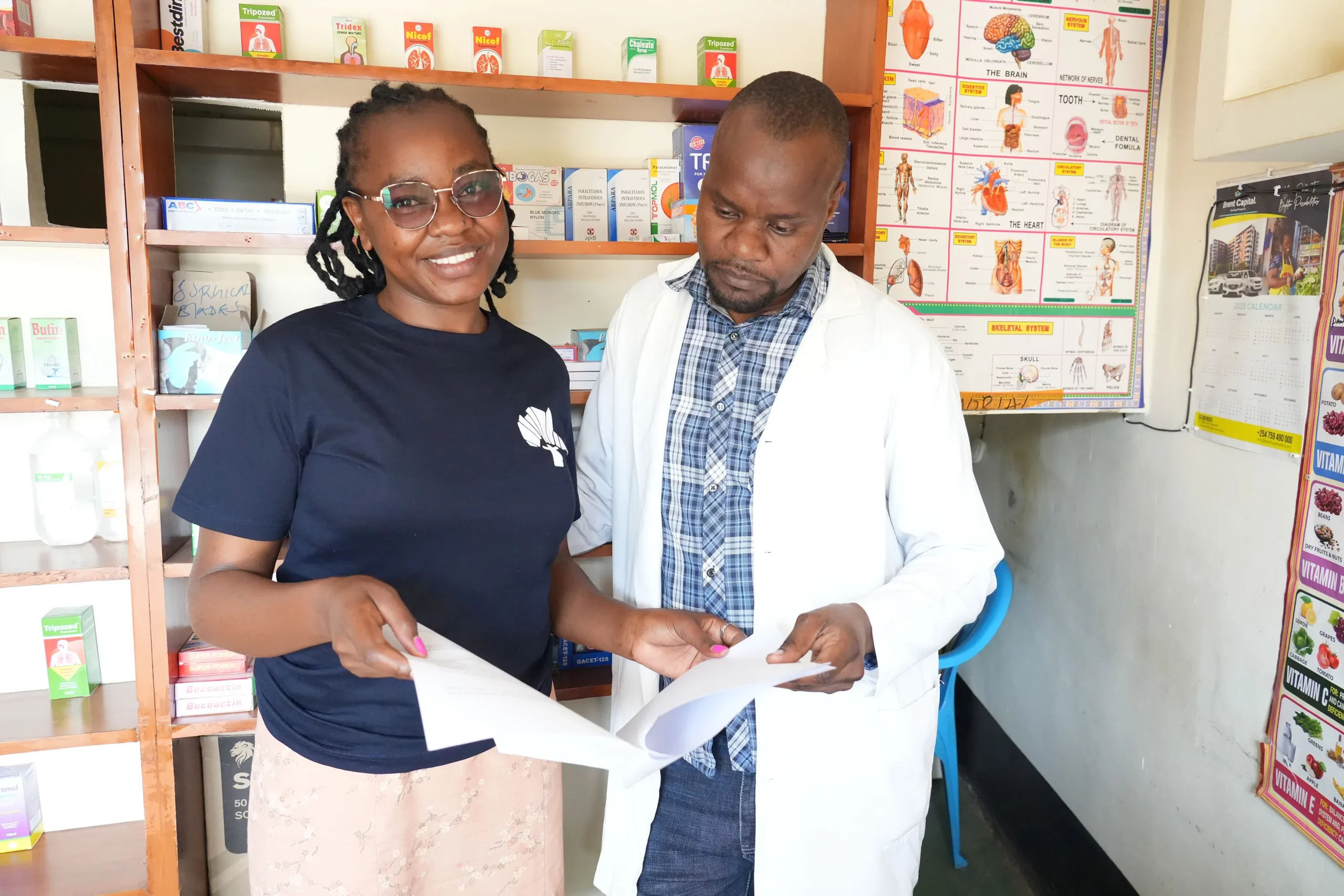Tugende, an asset finance company based in Uganda, has raised $3.6m in additional equity financing to close its Series A round.
This additional round was agreed and structured in 2020 and was led by Partech, the French venture capital firm, with participation from Enza Capital and regionally based angel investors.
Partech and Enza join Toyota Tsusho’s Mobility 54, which led the first close announced in September 2020, as Tugende’s investors.
With the follow-on funding, Tugende’s Series A comes to a total of $9.9m.
Founded in Kampala, the capital of Uganda, by CEO Michael Wilkerson, in 2012– the company provides a technology-based medium for micro, small and medium enterprises (MSMEs) to own assets that help generate income.
Some of these assets include motorcycle taxis, boat engines, cars and refrigerators, but also medical and life insurance, training, safety equipment and digital credit profiles. It is currently piloting financing for e-mobility assets.
Since their operations launched nearly 9 years ago, Tugende has served more than 43,000 clients across Kenya and Uganda. It also has 20 branches in Uganda and 4 in Kenya.
The technological aspect of Tugende’s offering is in the fact that payments for the assets are digitalised. With the digital data, Tugende is able to provide proprietary credit scores automatically to all clients to help them monitor their performance. This could give the clients access to discounts and new assets.
Partech decided to invest in Tugende last year “in the middle of the pandemic” according to Tidjane Deme, general partner at the VC firm who co-leads the Partech Africa fund.
“Tugende combines technology and strong operations to aid millions of professionals to grow their businesses and drive economies forward. We will support Michael and his team to build up the tech platform, fine-tune the model and expand in new markets,” Deme said.
Tugende is not alone in the business of tech-enabled asset financing in East Africa. In Kenya, M-KOPA is recognized for providing a way for low-income households to procure electronics like smartphones, televisions and refrigerators.
Both companies are tapping into a increasing adoption of digital platforms for payments in East Africa and the continent at large.




















